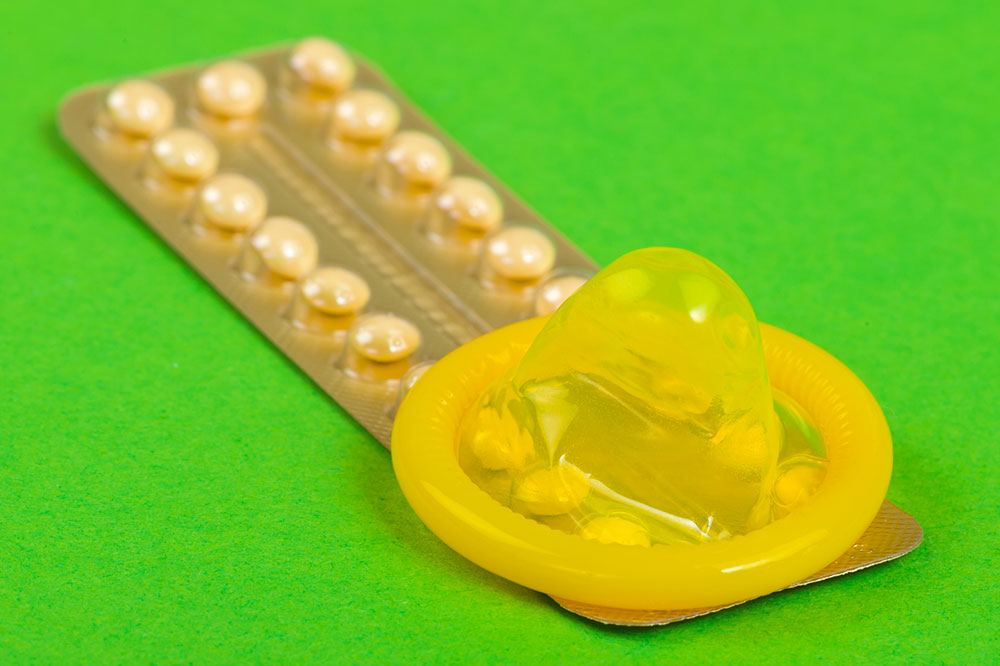
4 Effective Types of Birth Control
Contraception is crucial for avoiding unwanted pregnancy and family planning. Unlike permanent contraception like sterilization, most of these contraception methods are inexpensive and have different levels of effectiveness. Here are some types of birth control methods and options for avoiding pregnancy and family planning.
- Male condom
The male condom is one of the most common types of birth control methods and options. It is a thin covering made of latex used for covering the penis for protection against unwanted pregnancy and STDs (Sexually Transmitted Disease). Although male condoms are an inexpensive yet effective way for birth control, women are still recommended to use emergency contraceptive pills to avoid unwanted pregnancy in case the condom breaks. - Emergency contraceptive pills
Emergency contraceptive pills or morning-after pills are a type of chemical birth control that can be used by women within 72 to 120 hours of sexual intercourse. The pill temporarily blocks the process of ovulation. Levonorgestrel and Ulipristal pills are two types of emergency contraceptive pills that are prescription-based or available over-the-counter. Doctors suggest that emergency contraceptive pills are about 90% effective. However, they might not work if the woman has already ovulated. Other than emergency contraceptive pills, there are birth control options that can help avoid unwanted pregnancy for a longer duration. - IUD
Intrauterine Device or IUD are small flexible ‘T’ – shaped female contraception that is placed inside the womb (uterus). Copper IUDs stop the sperm from traveling to the egg, thereby preventing fertilization, and can be kept inside the womb for almost ten years. Progestin IUDs work by causing the mucus to become thicker so that sperms cannot reach the egg for fertilization. Progestin IUDs are effective for about five years and reduce the lining of the uterus resulting in lighter menstrual bleeding. Copper IUDs may cause painful and heavy periods in some women. Whereas progestin IUDs can cause irregular bleeding. However, side effects due to progestin-secreting IUDs only last for six to twelve months. The IUDs can be removed using a simple procedure once the couple is ready to conceive. - Mini Pills
These are yet another effective type of birth control method. Mini pills or progestin-only pills contain only progestin hormone, which thickens the cervical mucus, blocking the sperm from reaching the eggs. Mini pills, like progestin IUDs, also reduce uterus lining, resulting in lighter menstrual bleeding. Mini pills are prescription-based and can be obtained from a pharmacist as well as a healthcare provider. Doctors suggest that less than 10 out of 100 women can get pregnant if they do not use this contraception correctly. Mini pills have the same side effect as that of progestin IUDs. However, they are a good alternative to estrogen-powered pills for women who are breastfeeding.


